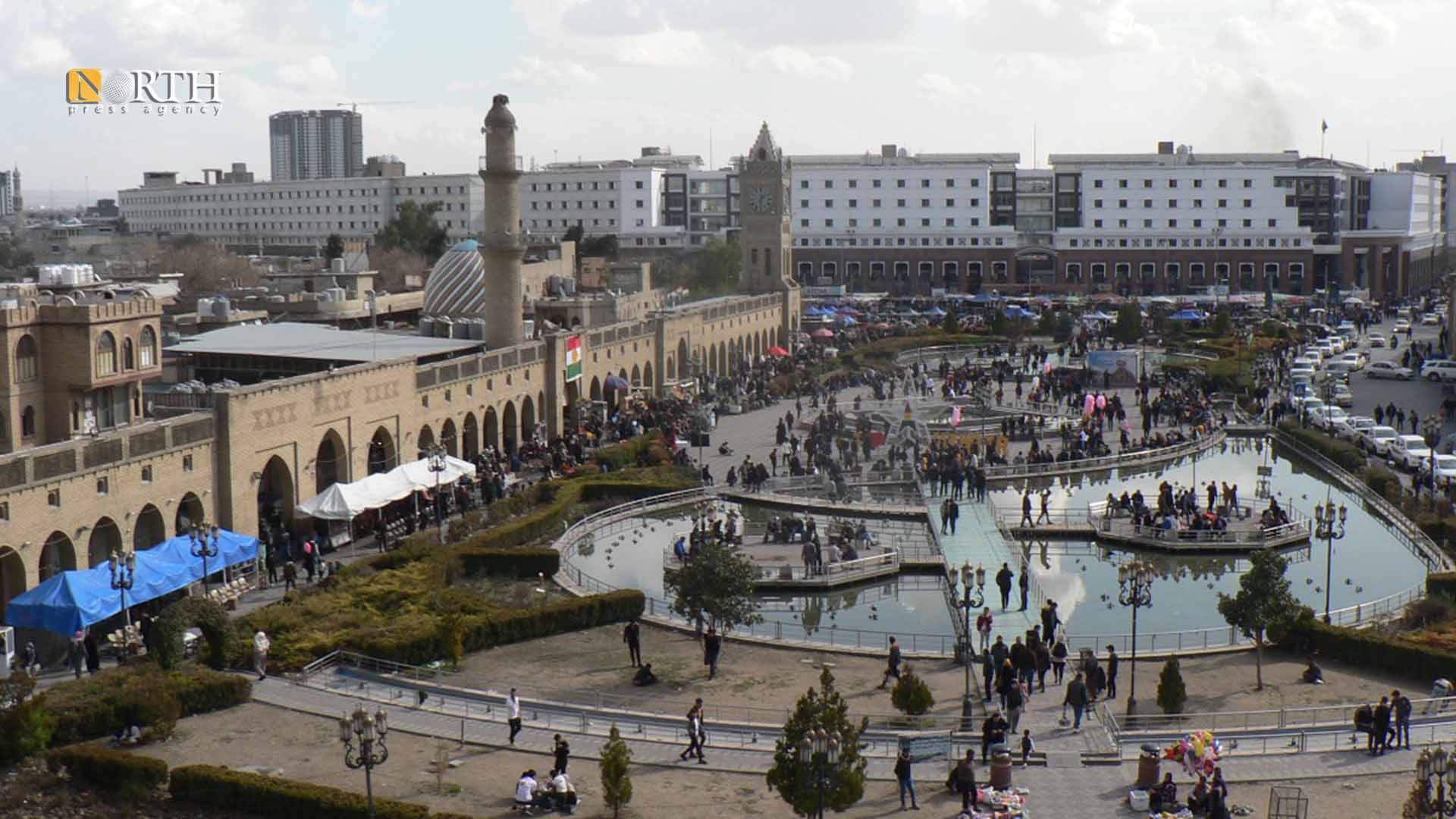ERBIL, KRG, Iraq (North Press) – The war has changed reality of the Syrian women. For years, Syrian women have gone out to work but inside their countries, but to travel abroad to work and sustain their spouses and children whom left behind in homeland is a new phenomenon that has ensued by the deteriorating economic conditions.
Such a change in the society’s culture was imposed by the war. The Syrian women work in Erbil, capital of Kurdistan Region of Iraq, as well as in other cities in the Middle East, but, this phenomenon sometimes conveys challenges and setbacks as the women are apart from their families.
Suzan Abbas, a pseudonym for a 54-year-old Syrian woman, works in a department store in the city of Erbil. Five months ago, she left Syria to improve the conditions of her family.
Abbas narrated to North Press her story as saying that she contacted some friends in Erbil and they told her there was a job opportunity for her in Erbil. But the job was for a woman, not for a man.
Husbands accepted the idea
Abbas consulted her husband and he did not refuse her suggestion. He agreed that the job opportunity was to improve the family’s living conditions following the inflation and the difficulty in providing their daily needs.
In autumn, Abbas did travelled to Erbil and started work.
She did not deny that she faced difficulties since she was a woman on her own apart from her family. “At first, I missed my husband and my son, but months later, I started to fear from the future and from the society stances to a woman struggling on her own to be able to sustain her family who remained in Syria,” she said.
The story of Iman al-Halwani is no difference. Al-Halwani is a 36 year-old Syrian woman who went to Erbil after the living conditions in Damascus worsened.
“The worsening economic conditions pushed me to think of travelling abroad for work. It was a difficult decision to make to be apart from my husband and my son who is just seven. But pursued by the idea of providing food and a safe future for my family were my main reasons to travel,” al-Halwani said.
Perhaps the living conditions changed the thought that travelling abroad for work is no longer limited for men. Al-Halwani added that her husband supported her and was with her in every step until she was in Erbil.
Challenges of the society stance
Al-Halwani pointed out that the thing she has not overcome yet is the society’s stance to a woman who is alone. The people think she is an “easy bite” and she is “weak” and cannot defend herself.
The travelling of women without being accompanied by their husbands for the sake of work is supported by women organizations, Lana Amanj, a lawyer and head of Lana organization for women in Kurdistan rRgion of Iraq (KRG) confirmed.
Amanj said the Syrian women workers in KRG suffered tough circumstances that prompted them to come to Erbil and work. If we look at the different public places in the cities across KRG we will see Syrian women workers. Some of them are in the camps and some are at their own homes. All of them need care and support.
The worker women are subjected to verbal harassment, exploitation and even sexual harassment, the lawyer added.
Lana organization for women have worked on many issues for Syrian women who were subjected to harassment during the time of their work, she noted.
The war has put burden on the Syrian woman. She faces challenges to keep her family amid the decline in job opportunities inside Syria and inflation, in addition to the nature of jobs abroad that prefer women to men.
Syrian women work in malls, mini shops, medical centers and clinics in Erbil as well as in other cities in KRG. Some women have opened their own business like sewing shops and beauty salons.

